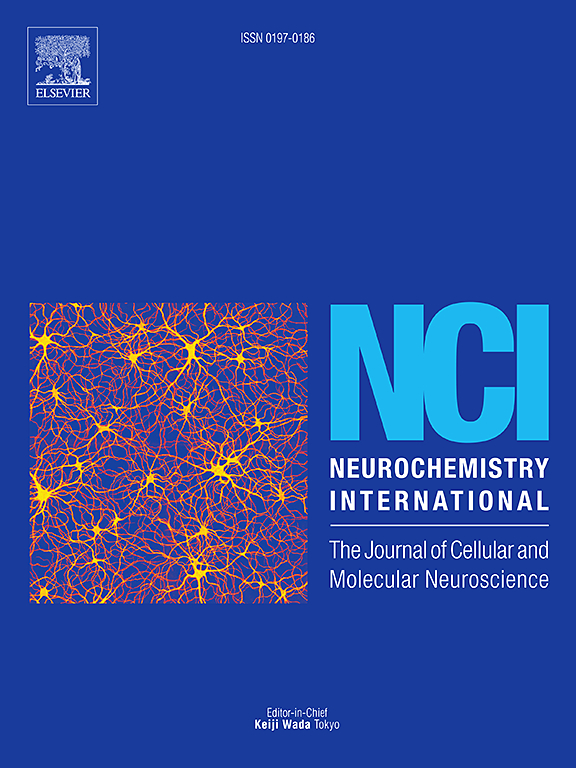硼:延缓阿尔茨海默氏症进展的有趣因素
IF 4.4
3区 医学
Q2 BIOCHEMISTRY & MOLECULAR BIOLOGY
引用次数: 0
摘要
阿尔茨海默病(AD)是一种神经退行性疾病,是全球第五大常见死因,也是发达国家第二大常见死因。人们对阿尔茨海默病的病因仍知之甚少,但它与大脑中蛋白质的积累有关,最终导致细胞损伤。包括遗传和环境因素(如化学物质或食物)在内的多种因素都与注意力缺失症的蛋白质聚集和细胞死亡有关。硼是植物生长所必需的重要微量营养元素,在各种水果和坚果中含量丰富。先前的研究强调了硼作为神经保护剂的重要性,以及作为保护大脑健康和功能的必要成分的重要性。然而,人们对硼在大脑中的确切功能仍然知之甚少。这篇综述通过研究硼对神经退行性疾病影响的现有信息,阐明了硼在大脑中的分子作用,并可能使人们对注意力缺失症的病因有更深入的了解,最终开发出治疗注意力缺失症的新方法。本文章由计算机程序翻译,如有差异,请以英文原文为准。
Boron: An intriguing factor in retarding Alzheimer's progression
Alzheimer's disease (AD) is a neurodegenerative disorder that is the fifth most common cause of mortality worldwide and the second most common cause of death in developed countries. The etiology of AD remains poorly understood; however, it is correlated with the accumulation of proteins in the brain, ultimately leading to cellular damage. Multiple factors, including genetic and environmental factors such as chemicals or food, have been linked to protein aggregation and cell death in AD. Boron is a vital micronutrient that is necessary for plant growth and is abundantly present in various fruits and nuts. Prior research has emphasized the importance of boron as a neuroprotective agent and necessary component for the preservation of brain health and function. However, the precise function of boron in the brain remains poorly understood. This review elucidates the molecular role of boron in the brain by examining existing information about its impact on neurodegenerative diseases and may provide a deeper understanding of the etiology of AD and, ultimately, lead to the development of novel approaches for its treatment.
求助全文
通过发布文献求助,成功后即可免费获取论文全文。
去求助
来源期刊

Neurochemistry international
医学-神经科学
CiteScore
8.40
自引率
2.40%
发文量
128
审稿时长
37 days
期刊介绍:
Neurochemistry International is devoted to the rapid publication of outstanding original articles and timely reviews in neurochemistry. Manuscripts on a broad range of topics will be considered, including molecular and cellular neurochemistry, neuropharmacology and genetic aspects of CNS function, neuroimmunology, metabolism as well as the neurochemistry of neurological and psychiatric disorders of the CNS.
 求助内容:
求助内容: 应助结果提醒方式:
应助结果提醒方式:


